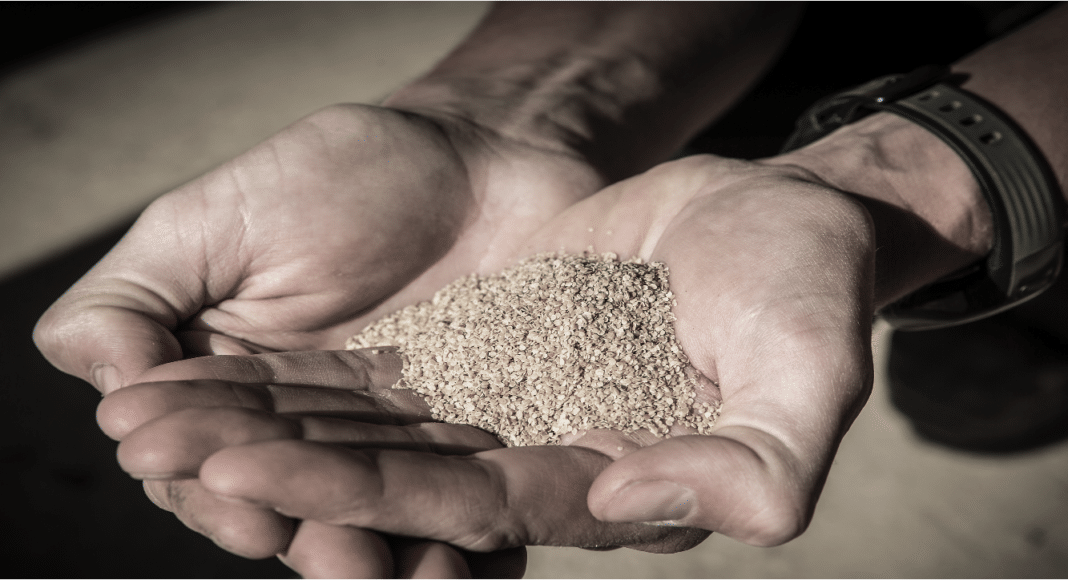Sli (S-locus inhibitor), the self-compatibility potato gene, has been identified, cloned and characterized by researchers, Solynta says in a news release on July 6.
Researchers at hybrid potato breeding company Solynta worked with Wageningen University & Research (WUR) to make this discovery. This finding will allow breeders to speed up hybrid breeding by being less opportunistic and more focused in their work, the release says.
The release notes traditional potato breeding is a slow process spanning 10 to 15 years due to its complex genome. Improvements in key traits such as disease resistance, adaptation to climate change and yield, over the last 100 years have been modest because of this. Hybrid breeding, which is a non-GMO technique, allows for potato varieties to be developed quicker.
In hybrid breeding potato varieties are grown from true seed instead of the traditional bulky seed tubers. These seeds are disease free and require less chemical protection after they have been planted, the release says.
However, to fully capitalize on hybrid breeding the potato self-compatibility needed to be found, the release notes. For hybrid breeding two parental lines must be crossed through inbreeding, but almost all potatoes don’t allow for inbreeding as they have become self-incompatible.
“We are now able to overcome this through the Sli gene in potato,” Richard Visser, professor with the plant breeding group at WUR, says in the release. “Self-compatibility as such and also the location on chromosome 12 were already known for some time, but so far the gene encoding this trait was unknown and had not been isolated and characterized. Through genetic analysis and genome sequencing we’ve succeeded in doing this.”
Solynta has already starting using the Sli gene by crossing previous self-incompatible diploid lines with a Sli gene donor.
“With these new insights, we may be able to discover new variants of Sli that could improve our ability to select for improved taste, water use efficiency, disease resistances and other characteristics for our ever changing world,” Ernst-Jan Eggers, genetics researcher for Solynta, explains in the release.
The results were published in the scientific journal Nature Communications.
Related Articles
Royal Avebe, Solynta Team Up on Hybrid Starch Potato Breeding
Solynta Granted US Patent for Hybrid True Potato Seed Development











